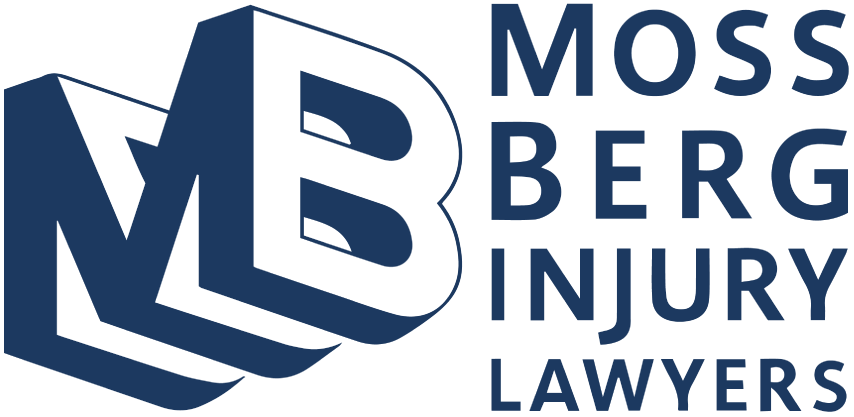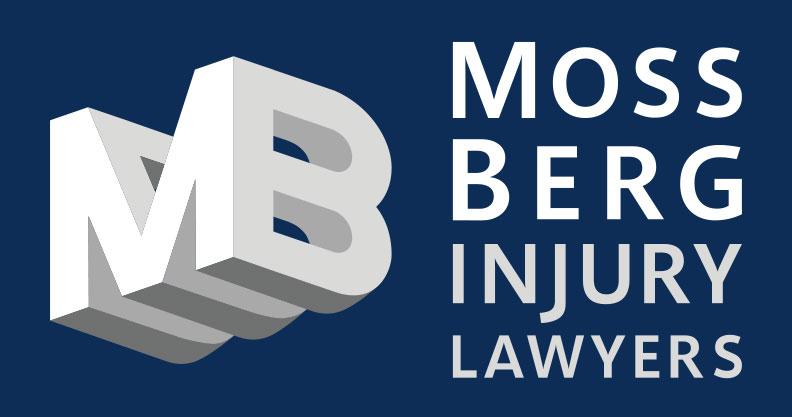by tfarino
Share
Share

Horseback riding can immerse you in Nevada’s stunning mountain and desert landscapes. Riding a horse connects you with nature in a unique way, but both leisure trail rides and equestrian competitions have inherent safety risks. Nevada personal injury attorneys recommend taking these steps to protect your legal rights and financial interests when people suffer horseback riding injuries.
What to Do After a Horseback Riding Accident
Just like any accident, you need medical attention after experiencing an equine accident. Whether you fell off, got kicked, got knocked down, or a horse stepped on you, a medical exam will document the extent of your injuries. Horseback riding accidents often cause serious injuries. In that event, you or someone else should call 911 for immediate help.
Ideally, you’ll take some pictures too. Try to capture images of:
- The horse involved in your accident
- The riding tack
- The location of the accident
- Your injuries
Injury lawyers could use the information captured in these images to confirm your accident’s time, location, and circumstances. Pictures of the horse or tack might capture crucial details about the equipment and the animal’s condition.
If possible, you should gather contact information from witnesses. The staff at a horseback riding venue might be reluctant to speak, but other customers may willingly share their testimony.
Take care during conversations with the venue operator, horse owner, trainer, or property owner after your accident. An accident’s immediate shock tends to make many people feel like they have to apologize for their perceived mistakes. However, you might not know precisely what happened. Apologies or admissions of fault could complicate or threaten your claim for damages.
Resist any requests after the accident to sign a form saying that you forgo any right to collect damages. Before riding, you may have signed a liability waiver. Although this could prevent you from collecting damages, the waiver does not override all legal rights. The evidence will determine whether you can go forward with a lawsuit.
The responsible party’s insurer might approach you soon after the accident with a settlement offer. Do not accept the offer or answer questions until you understand your legal position. Las Vegas injury attorneys help people know their rights and make financial decisions related to accidents.
What Does Assumption of Risk Mean?
Due to the risks associated with horseback riding, defendants in equine liability lawsuits may claim that you assumed the risk and therefore deserve no compensation for your losses. They could argue that you voluntarily chose to ride the horse and consequently assumed the activity’s risk along with all liability.
The law could view you as assuming the risk if you:
- Knew about the safety hazards of horseback riding
- Fully understood the danger
- Accepted the risk through written or verbal statements or action
Assumption of risk, however, has legal limits. The doctrine does not absolve other parties of their duties to maintain a safe experience. Injury lawyers Las Vegas examine these issues when evaluating accident cases.
How Risky is Horseback Riding?
A Cambridge University study determined that one injury occurred per every 100 hours of leisure riding. Some studies indicate that new and inexperienced riders experience the most injuries. However, experienced equestrians often expose themselves to more significant risks by tackling more challenging rides. In fact, equestrian sports are responsible for the most traumatic brain injuries compared to other athletic activities, including contact sports.
Most of the risk results from engaging in an activity with a large animal. As a living organism, the horse can be spooked, upset, poorly trained, or injured. All manner of unexpected events could take place that causes an animal to stumble, fall, buck, kick, or bite.
Horseback riding accidents easily cause:
- Broken bones
- Brain and spinal injuries
- Crush injuries
Equine Activity Liability Limitations in Nevada
Like most states, Nevada has laws on the books that limit equine activity liability. This law protects horse owners and horseback riding venues from most harm, but the law includes many exceptions that benefit injury victims.
Immunity from civil liability is removed when the responsible party:
- Provided broken or defective tack
- Failed to determine if a person could ride or control the animal
- Did something that directly caused the accident
- Kept the venue in an unsafe condition
- Blatantly disregarded the rider’s safety
Legal Advice After an Equine Accident
Las Vegas injury attorneys may unravel complex issues of liability by determining who might bear responsibility for your injuries. Liability might lie with a horse owner, a trainer, or even a farrier. Whether you need to make a claim on an individual’s homeowners insurance or file a lawsuit, legal representation could ensure a thorough investigation and accounting of all expenses. At Moss Berg Injury Lawyers, we have a strong track record of securing settlements for accident victims. We offer free consultations. Contact our office today





